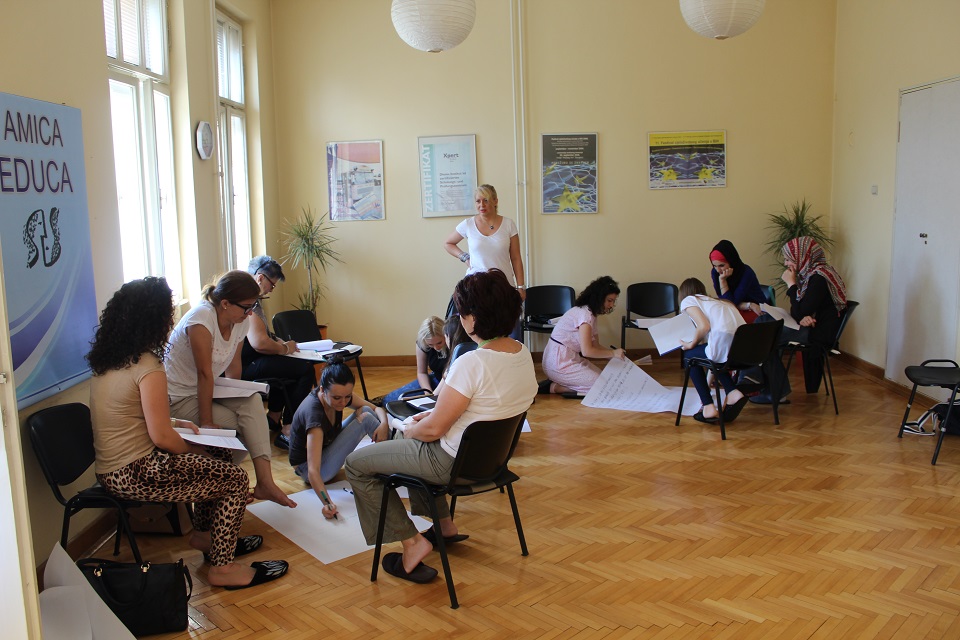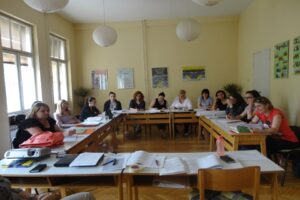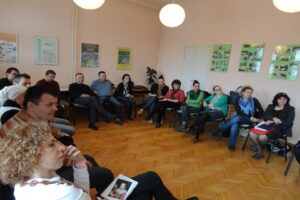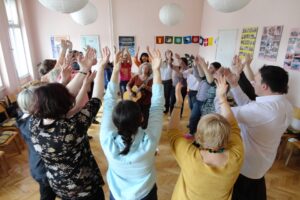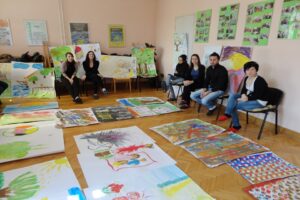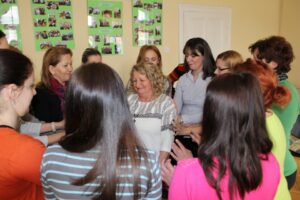These workshops are based on the Nonviolent Communication method developed by Marshall D. Rosenberg, Ph.D. Nonviolent Communication is focused on prevention as well as long-term, effective conflict resolution and establishing an emphatic relationship with others and with oneself. People who start to apply the non-violent communication method, experience closeness and a better connection with their partner, children, parents and go on to build successful relationships with friends and work colleagues. Helping professionals use this method in counseling and psychotherapy, to form an authentic relationship with their clients.
Observation is the first component of this model. It requires conscious separation of facts from judgments, assumptions, evaluation, labeling and so on. This increases the probability that the other party will be able to hear the message, and not be blocked by perceived verbal attack and criticism. Focus is placed on a specific procedure or actual words spoken, and not on the person as a whole. Identifying and verbalizing feelings and needs are the next two components. Here attention is placed on taking responsibility for one’s own feelings, and differentiating one’s needs from desires, that is, strategies to satisfy them. The last component is the request. It involves clear, concrete and positive actions, so that the very process of resolving the conflict could result in meeting the needs of all parties involved.
Nonviolent Communication provides the possibility to overcome differences of opinion, and focus attention on what the person wants instead of what bothers her/him about other people or her/himself. It also stresses the importance of active listening, thus increasing the feelings of empathy and building relationships full of respect and understanding. Nonviolent Communication offers concrete tools and understanding which enable us to create a calmer state of mind.







